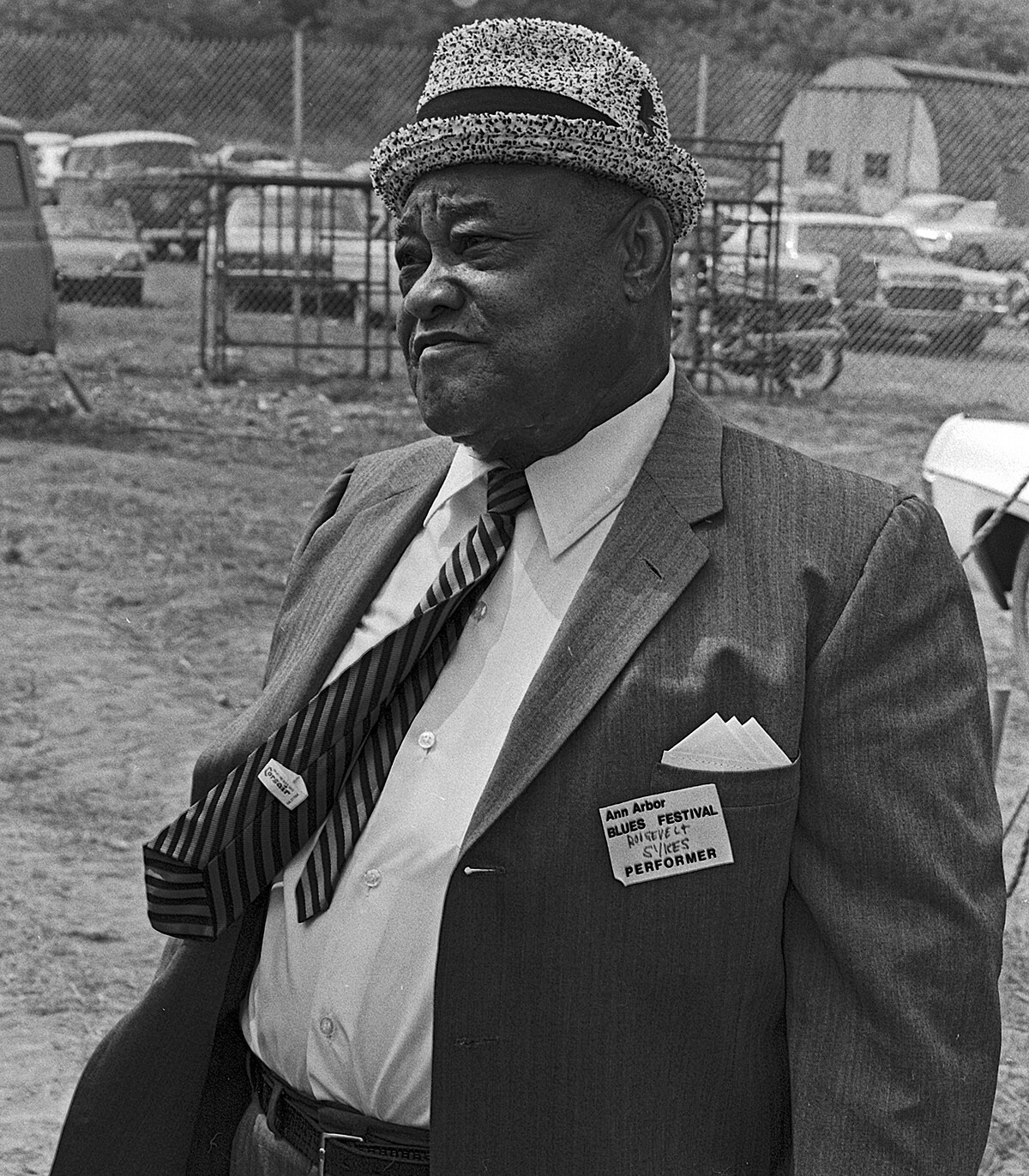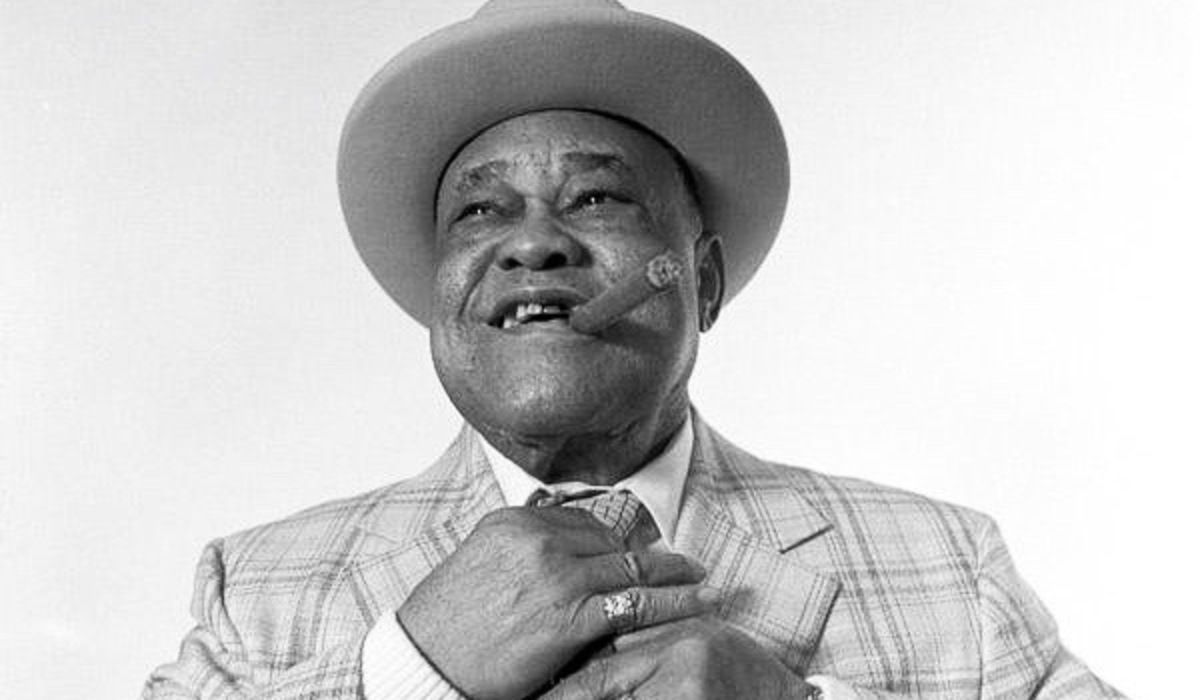Roosevelt Sykes, known as “The Honeydripper,” was one of the most influential blues pianists and songwriters of the 20th century. His dynamic piano playing, lively personality, and innovative songwriting helped shape the sound of blues and early rock and roll. His career spanned more than five decades, and his music left an indelible mark on the genre.
Early Life and Musical Beginnings
Roosevelt Sykes was born on January 31, 1906, in Elmar, Arkansas. Raised in a musical family, he showed an early interest in the piano and developed his skills by listening to and imitating local musicians. As a teenager, he left home and traveled along the Mississippi River, playing in juke joints, barrelhouses, and other venues where blues music flourished.
Rise to Fame
In 1929, Sykes made his first recordings for Okeh Records in New York City, where he recorded his classic song “44 Blues,” a track that would become a blues standard. His ability to combine powerful piano rhythms with clever and often humorous lyrics quickly gained him popularity. Throughout the 1930s and 1940s, he recorded for various labels, including Decca and Bluebird, and released numerous influential songs such as “Driving Wheel,” “Night Time Is the Right Time,” and “Honeydripper.”
Sykes was known for his energetic performances and his ability to captivate audiences with his lively piano style. His boogie-woogie and barrelhouse playing influenced many later blues and rock musicians.
Career Evolution and Influence
As the blues evolved, so did Sykes. During the 1940s and 1950s, he adapted to the growing popularity of urban blues, moving to Chicago and recording for labels such as RCA Victor and United Records. His music incorporated a more polished sound, but he never abandoned the raw energy of his early barrelhouse blues style.
Sykes was also a prolific songwriter, composing songs that were recorded by other blues artists, including Little Brother Montgomery and Sunnyland Slim. His influence extended beyond blues, as his rhythmic innovations and songwriting structures played a role in the development of rock and roll.
Later Years and Legacy
In the 1960s, with the rise of the folk and blues revival, Sykes gained a new audience and toured extensively in the United States and Europe. He performed at major blues festivals and was recognized as one of the living legends of the genre. Despite his age, he continued to record and perform well into the 1970s.
Roosevelt Sykes passed away on July 17, 1983, in New Orleans, Louisiana. His legacy remains strong, as his music continues to be celebrated by blues enthusiasts and musicians. His recordings are still influential, and his contributions to blues piano remain a vital part of the genre’s history.
Conclusion
Roosevelt Sykes was more than just a talented pianist; he was a pioneer who helped define the sound of blues piano. With his infectious energy, witty lyrics, and masterful playing, he left behind a rich musical legacy that continues to inspire musicians today. Whether through his own recordings or the influence he had on others, Sykes’ impact on the blues remains undeniable.


Comments are closed